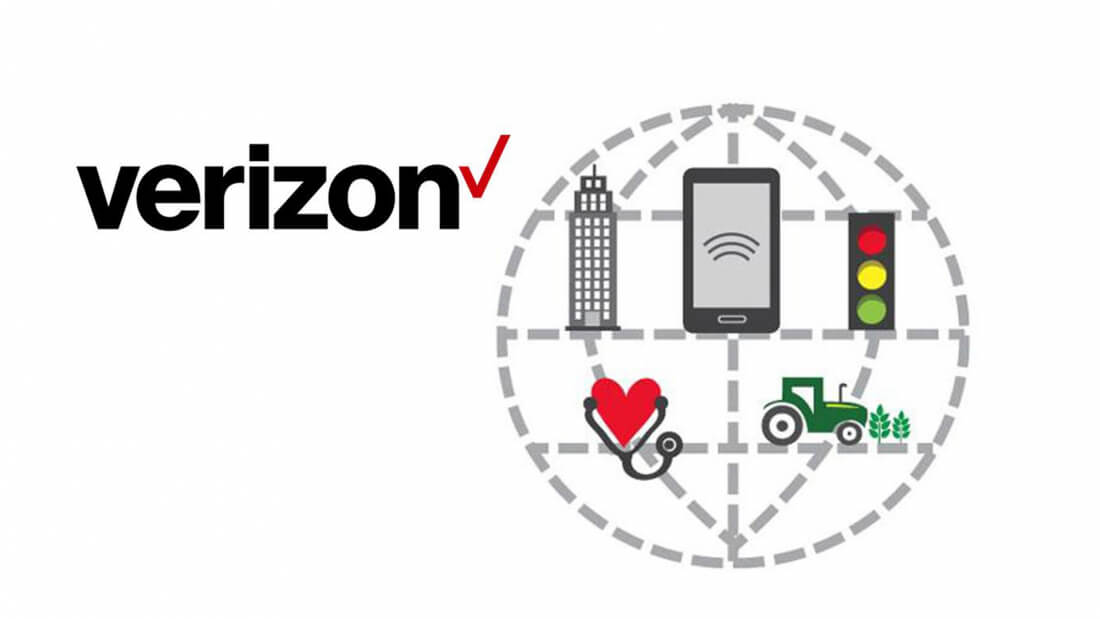Verizon has launched a new mobile network called Cat M1 to turbocharge the growing application for IoT devices that run on a cellular network. IoT devices like smart home thermostats, smart lights, and even smart tea kettles all rely on having constant internet connectivity. Often that can come in the form of a separate smarthub or local zigbee hub that provides connectivity to all smart devices compatible with that network. Verizon aims to remove the need for a local router or smarthub by launching a nationwide IoT network under the Cat M1 standard.
The Verizon 4G LTE Category M1 (Cat M1) will run on the 1.4MHz band, which has much lower bandwidth than traditional LTE technologies, but also much lower power consumption. Quoted upload speeds are between 200kbps and 400kbps, and it's reportedly able to extend battery life by over 10 years. Additionally, Cat M1 connectivity is predicted to cost only $3 per device to implement.
Cat M1 promises secure, nationwide coverage and a maintenance free network for a low price; starting at just $2 per month per device. Manufactures, developers, and even home owners or hobbyists, would be able to easily and reliably connect small battery powered devices without having to setup or maintain any infrastructure (e.g. smarthubs).
A ubiquitous network like Cat M1 LTE holds a distinct advantage over popular networks like Wi-Fi, Bluetooth, Zigbee, Z-wave, and others because it doesn't need to stay within range of a local router, opening the door for truly mobile smart wearables or other remote sensing technologies.
